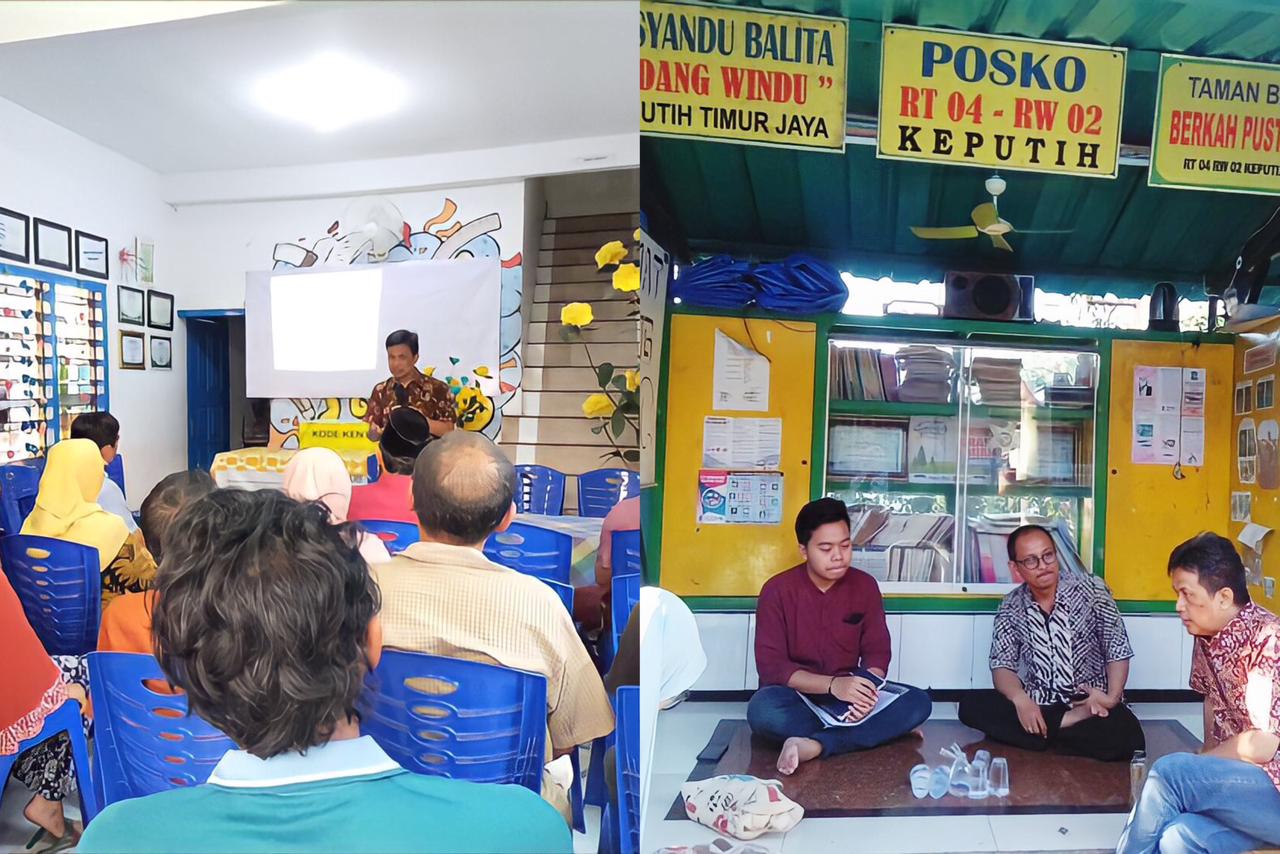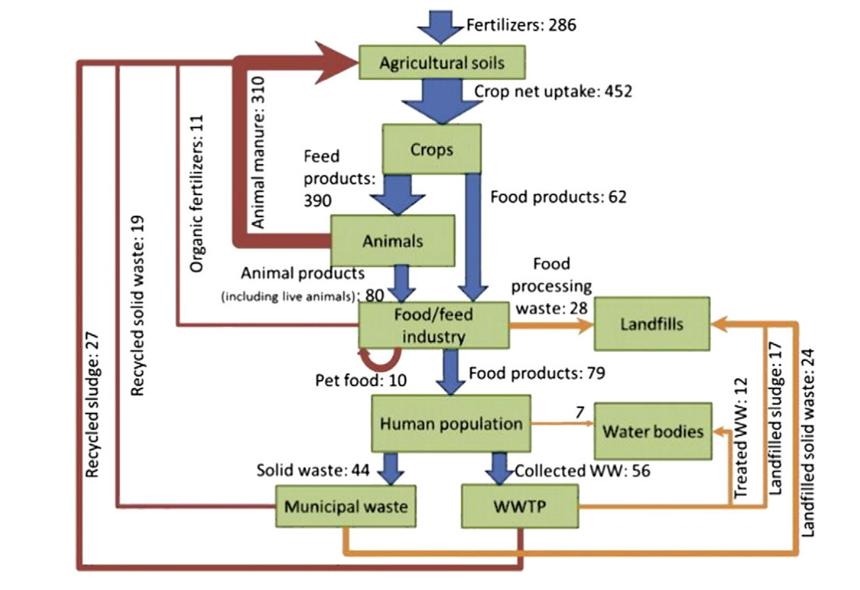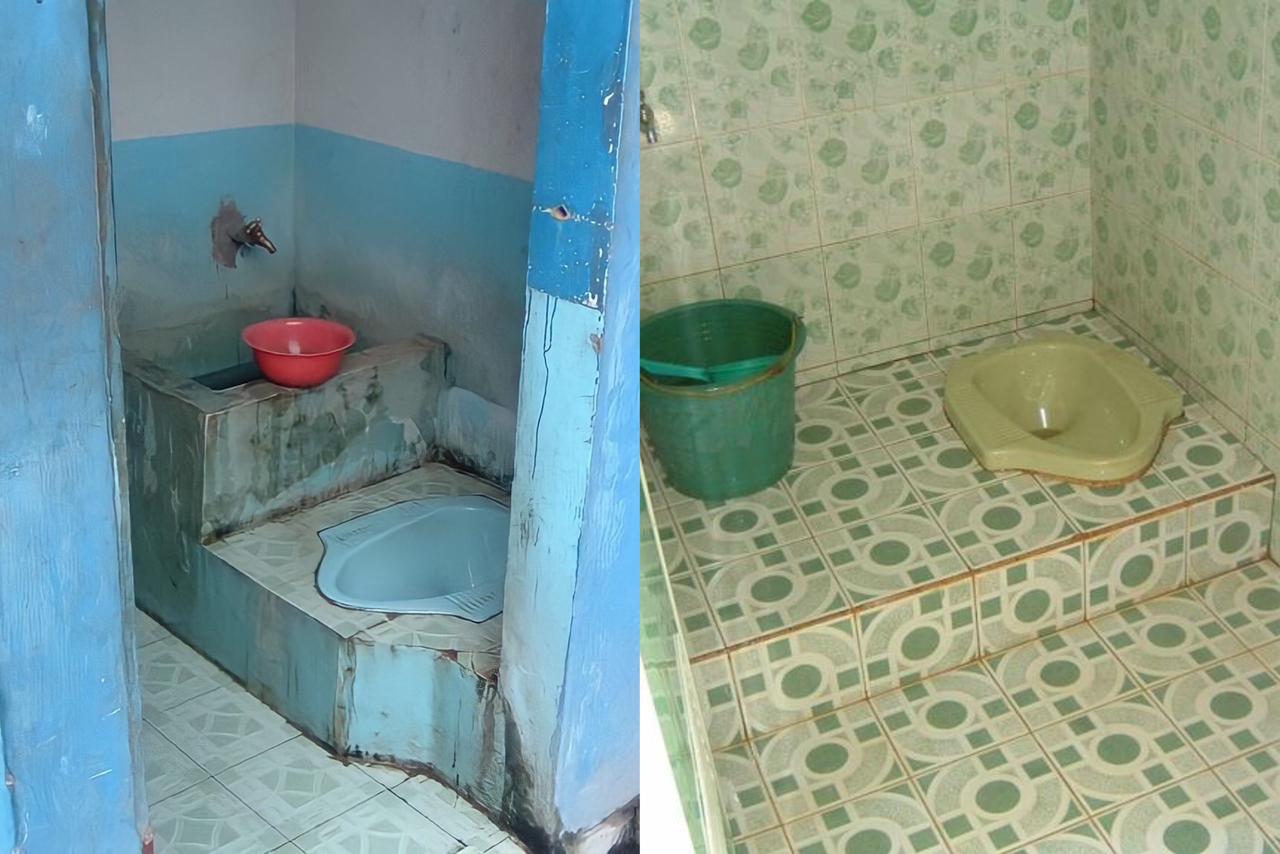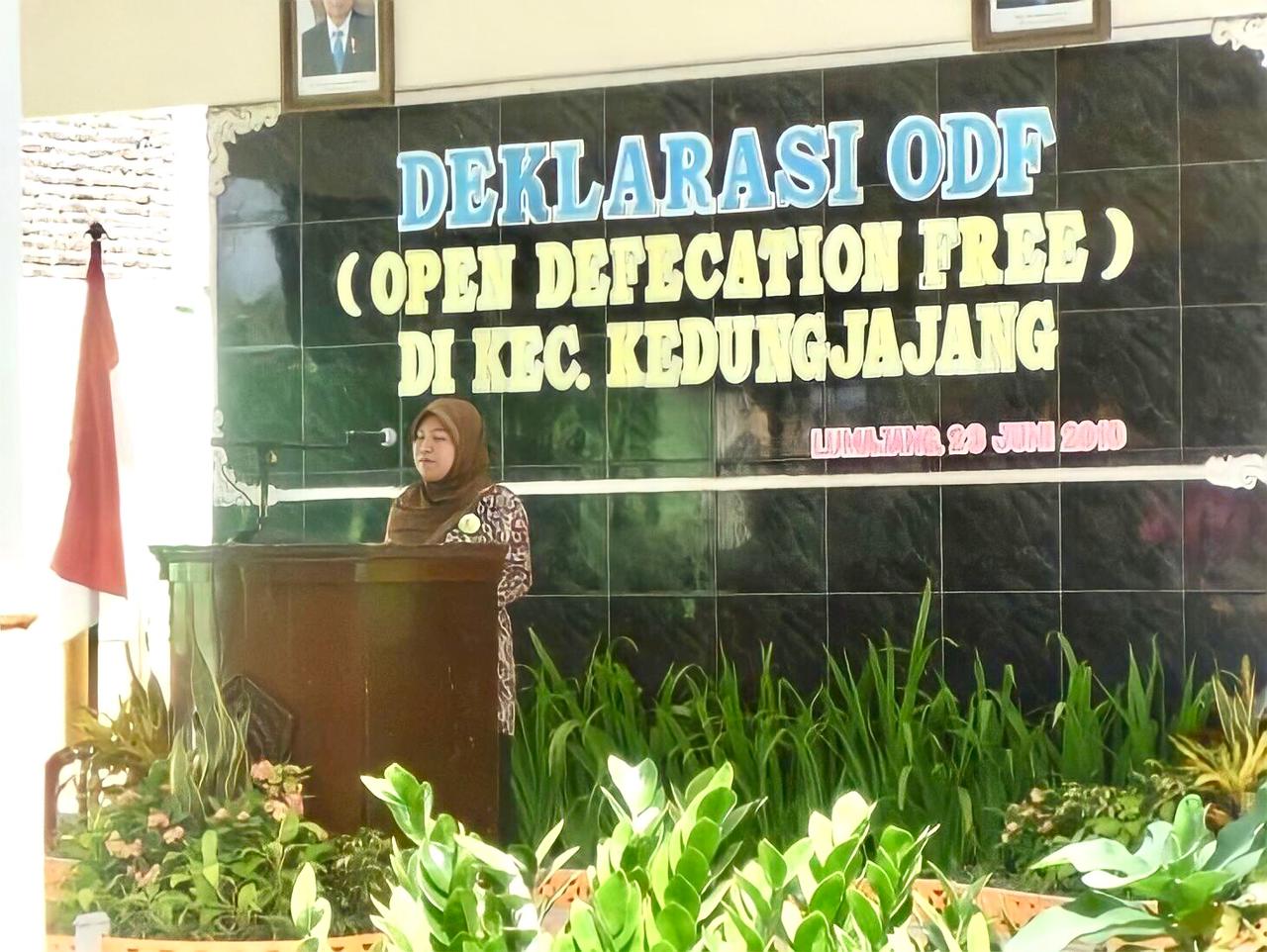ITS Professor Pioneers Advancement in Residential Waste Management in Indonesia

Prof. Ir Eddy Setiadi Soedjono DiplSE MSc PhD has embarked on a mission to optimize residential waste management in Indonesia through community empowerment, education, and technological implementation, emphasizing the importance of hygienic sanitation facilities.
ITS Campus, ITS News – Currently, the management of residential wastewater in Indonesia faces numerous challenges. Recognizing this, Prof. Ir Eddy Setiadi Soedjono DiplSE MSc PhD, a professor at Institut Teknologi Sepuluh Nopember (ITS), has developed a strategy to enhance residential waste management in the country.
According to the professor from the ITS Environmental Engineering Department, the ideal scenario involves directing household wastewater to centralized wastewater treatment plants through a piped system called SPALD-T. Septic tanks in individual homes would be emptied every three years, and the sludge would be directed to sewage sludge treatment plants (IPLT).

Phosphorus recycling cycle, one of the innovative approaches in residential wastewater management that can be utilized as fertilizer in the food industry
However, in reality, many institutions and settlements in Indonesia continue to dispose of their waste into septic tanks due to the limited availability of a widespread piped wastewater system, which only reaches approximately 1 percent of the population. “This made me ponder how we can expedite the waste management in the future,” expressed the professor, affectionately known as Edot.
During his inaugural scientific oration as the 154th professor at ITS, Edot presented the innovations he has spearheaded. One of them involves developing technology to reduce ammonia levels in communal wastewater. He conducted research on Anaerobic Ammonium Oxidation (Annamox), a biological process for nitrogen removal that enhances wastewater quality.

One of Prof. Ir Eddy Setiadi Soedjono DiplSE MSc PhD’s ideas to support government programs is the implementation of hygienic latrines, particularly for underprivileged communities
Born in Bandung on March 8, 1960, Edot also supports the government’s efforts through the Development and Implementation of Hygienic Latrines program. Together with his team, he empowers communities, particularly those in poverty, through outreach, funding, and the application of appropriate technologies to build hygienic latrines. “This is aimed at promoting awareness among people to have independent and hygienic latrines, eliminating the need for communal facilities,” he explained.
Implemented as part of the 2020-2024 National Medium-Term Development Plan (RPJMN), this program has gradually led many villages in Indonesia to declare themselves as Open Defecation Free (ODF) areas. In East Java alone, at least 23 districts and cities have been declared ODF.

Kedungjajang District, Lumajang, during the declaration as an Open Defecation Free (ODF) area
This professor, blessed with three children, revealed that the acceleration of residential wastewater management can also be achieved through the use of microbes that aid in reducing septic tank sludge volume. Additionally, recycling phosphorus present in domestic wastewater holds great potential, considering the high phosphorus content that can be utilized in the food industry.
To this day, as a doctoral alumnus of the University of Birmingham in the United Kingdom, Edot continues to advance his research in wastewater management, including drinking water treatment from residential wastewater in Indonesia. “Ultimately, realizing a Healthy Indonesia by 2030 necessitates harmonization, integration, and commitment from various stakeholders,” he concluded. (ITS Public Relations)
Reporter: Fathia Rahmanisa
Related News
-
Facilitating Creativity of Students, ITS Information Systems Department Presents CCWS
ITS Department of Information Systems students conduct a discussion in one of the available spaces in the ITS Digital
May 16, 2023 16:05 -
ITS Explores Electrification Cooperation with PT Vale Indonesia
ITS Campus, ITS News — Following up on the Memorandum of Understanding (MoU) with PT Vale Indonesia, Institut Teknologi
May 16, 2023 16:05 -
ITS Reaches Top 7 BRIN Collaborators with 309 Scientific Publications
ITS Campus, ITS News — Institut Teknologi Sepuluh Nopember (ITS) continues demonstrating its commitment to strengthening collaboration in research
May 16, 2023 16:05 -
The Only One from Indonesia, ITS Student Becomes Erasmus+ Scholarship Awardee
ITS Campus, ITS News — Civitas academica of Institut Teknologi Sepuluh Nopember (ITS) has once again contributed to making
May 16, 2023 16:05
